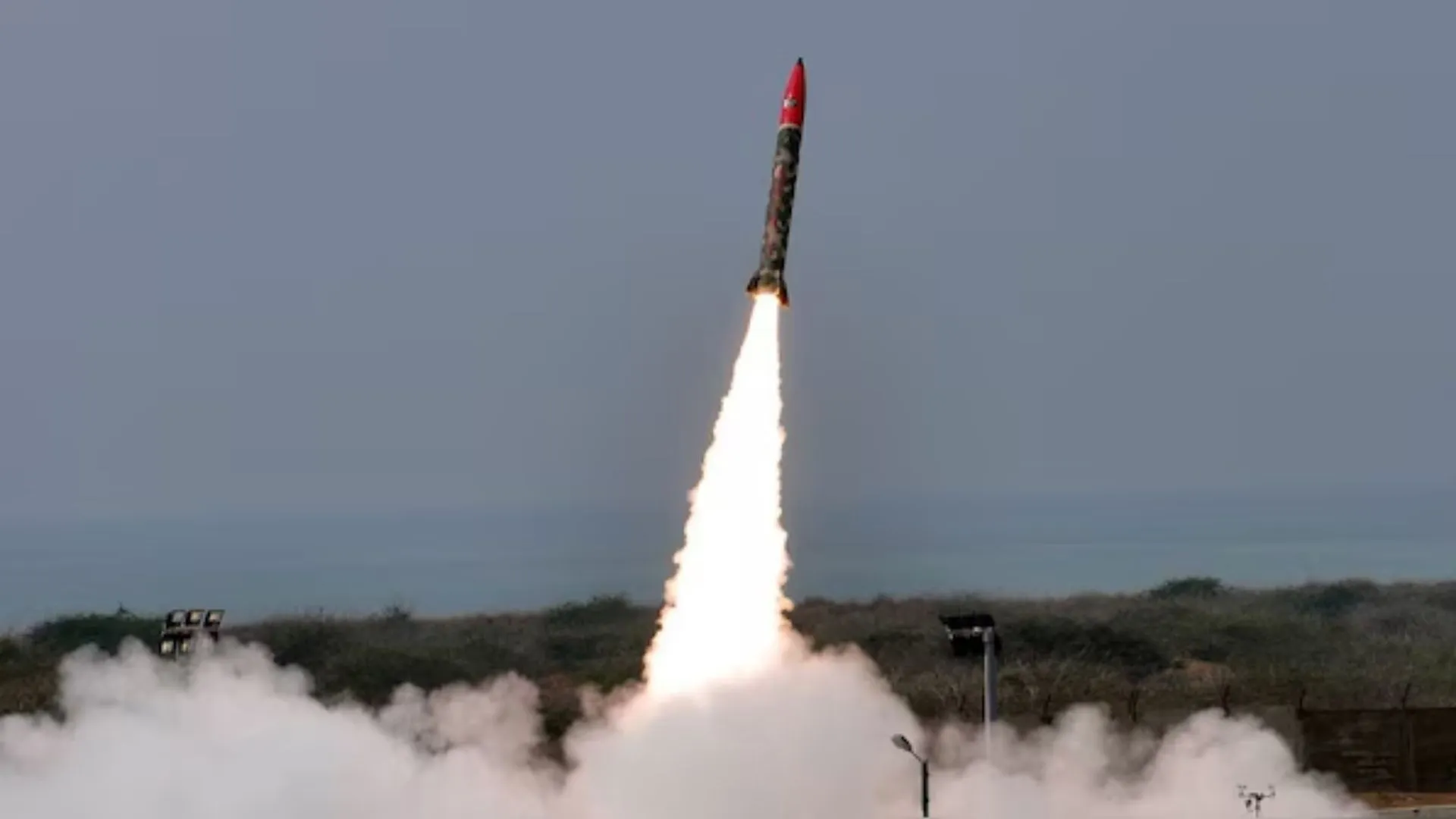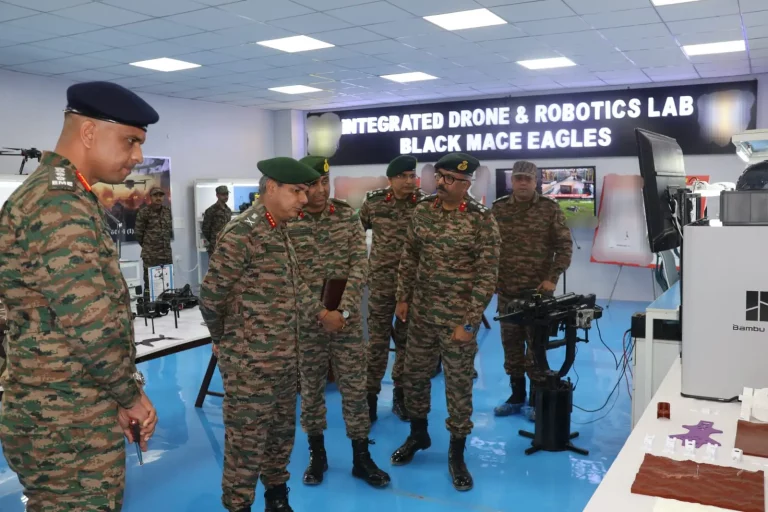In a significant development amid escalating military tensions between India and Pakistan, Indian air defense systems successfully intercepted multiple surface-to-surface missiles launched by Pakistan late Friday night. Military sources confirmed that India’s Akash and Barak-8 missile systems effectively neutralized incoming threats, preventing potential damage and further destabilization in the region.
The missiles involved, Fatah-1 and Fatah-II, are short-range ballistic missiles developed by Pakistan, with strike ranges of approximately 140 km and 400 km, respectively. These systems play a crucial role in Pakistan’s conventional military strategy, designed for high-precision targeting. They are widely perceived as part of Islamabad’s response to India’s Cold Start doctrine. The success of the Indian intercepts underscores the growing sophistication and readiness of its integrated air defense grid, with both the domestically developed Akash system and the Barak-8, developed in conjunction with Israel, proving capable against a variety of aerial threats, including ballistic missiles.
This interception comes amid an alarming sequence of military escalations along the India-Pakistan border. Recent reports indicated that on May 9, Pakistan claimed that 31 civilians were killed due to Indian airstrikes targeting what New Delhi identified as “terror infrastructure” in Pakistan and Pakistan-occupied Kashmir (PoK). India has characterized its operations as “measured and proportionate,” citing an attack in Pahalgam, Jammu & Kashmir, from April 22 that resulted in 26 civilian fatalities, mostly among tourists, as the catalyst for its actions. Pakistan has vehemently denied India’s assertions, maintaining that the strikes were directed at civilian areas and denying the existence of militant groups there.
Tensions further escalated when Pakistan launched coordinated drone and missile strikes on 26 locations in India, including military bases in Udhampur, Nagrota, and Pathankot. In response, India executed a comprehensive anti-drone operation, deploying L-70 and Zu-23mm anti-aircraft guns alongside advanced anti-drone systems, successfully shooting down over 50 swarm drones. Moreover, in the Naushera sector, Indian forces engaged and destroyed two Pakistani UAVs amid ongoing heavy artillery exchanges.
Reports from western India have raised alarms, with civilians in Jaisalmer and Bikaner reporting sightings of missiles and associated explosions overhead. The Indian Army has stated that all threats in the region have been “neutralized” without any reported casualties. Meanwhile, Indira Gandhi International Airport in Delhi resumed full operations on Saturday morning, although heightened security measures remain in effect, with advisories issued to air travelers.
The exchanges this week signify one of the most intense military escalations in the region in over a decade. A 2024 analysis by The Diplomat has indicated that advancing missile technologies—such as Pakistan’s Fatah-II—could disrupt strategic balances in South Asia by compressing response timelines and increasing the likelihood of preemptive strikes.
Both nations are currently engaged in a cycle of military operations, with rising nationalist sentiments on each side, amplifying the risk of miscalculation. The international community, including entities such as the United Nations, the United States, and the European Union, is advocating for immediate de-escalation and a return to diplomatic dialogue.
As the standoff persists, observers express concerns that the region may be inching closer to a confrontation that neither nation can afford, highlighting the critical need for a resolution before tensions spiral further out of control.







